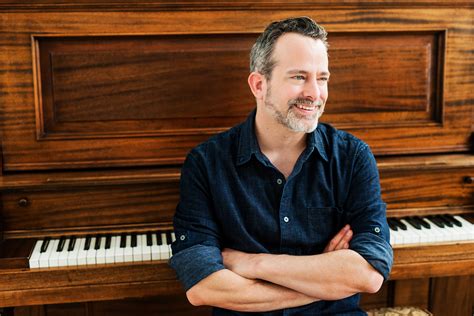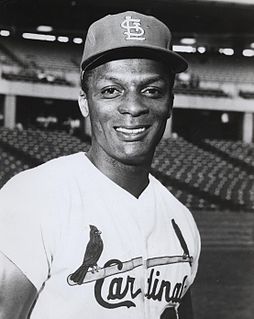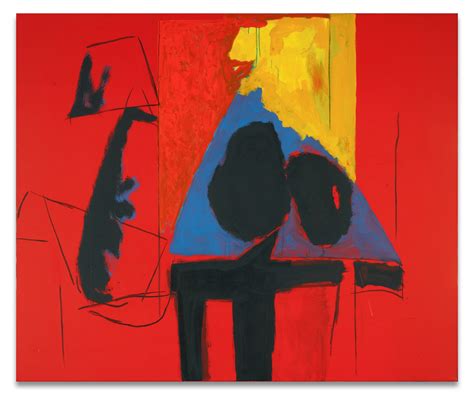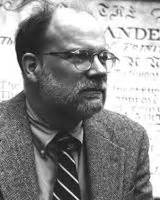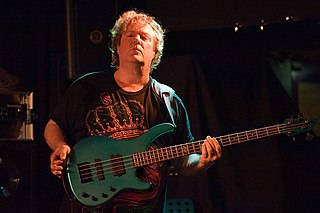A Quote by Terry Teachout
Instrumental music is nonverbal and thus radically ambiguous. It doesn't lend itself to what might be called content-oriented analysis, though plenty of intellectuals have tried to analyze it in precisely that way.
Related Quotes
There is a principle of human affairs that goes back millennia, which is that you don't look in the mirror. You can trace this principle back to the Bible. The designated intellectuals of that time are called prophets, which is a mistranslation of a Hebrew word, but they were basically intellectuals, giving geopolitical analysis, criticizing the moral practice of leadership, etc. Now, these people were not treated very nicely. There were other intellectuals who were treated nicely, namely those who centuries later came to be called false prophets. These were the flatterers of the court.
True drama can be conceived only as resulting from the collective impulse of all the arts to communicate in the most immediate way with a collective public... Thus especially the art of tone, developed with such singular diversity in instrumental music, will realize in the collective artwork its richest potential -- will indeed incite the pantomimic art of dancing in turn to wholly new discoveries and inspire the breath of poetry no less to an undreamed-of fullness. For in its isolation music has formed itself an organ capable of the most immeasurable expression - the orchestra.
If the time should ever come when what is now called Science, thus famliarised to men, shall be ready to put on, as it were, a form of flesh and blood, the Poet will lend his divine spirit to the aid the transfiguration, and will welcome the Being thus produced, as a dear and genuine inmate of the household of man.
Intellectuals love Jefferson and hate markets, and intellectuals write most of the books. Intellectuals often think that they should, for the benefit of mankind, act as fiduciaries for the clods who don't have to be intellectuals, and I suspect that has to do with [why historians love Jefferson and not Hamilton, even though Hamilton's vision of America's commercial future was vastly more accurate than Jefferson's].
Everything that from eternity has happened in heaven and earth, the life of God and all the deeds of time simply are the struggles for Spirit to know Itself, to find Itself, be for Itself, and finally unite itself to Itself; it is alienated and divided, but only so as to be able thus to find itself and return to Itself...As existing in an individual form, this liberation is called 'I'; as developed to its totality, it is free Spirit; as feeling, it is Love; and as enjoyment, it is Blessedness.
I came from the time of so-called New Criticism - the poem in itself, the writing in itself - but around that time I had come across a critic called Kenneth Burke, who wrote a book called A Rhetoric of Motives, and it seemed to talk about another way, and gradually I realized that other way was that the reader made a difference.
Thus we arrive at the singular conclusion that of all the information passed by our cultural assets it is precisely the elements which might be of the greatest importance to us and which have the task of solving the riddles of the universe and of reconciling us to the sufferings of life -- it is precisely those elements that are the least well authenticated of any.
On 'Hairless Toys,' I've tried to create an ambiguous character to go with an ambiguous record. She's anything but rock n' roll - she's so not rock n' roll that, in a twisted way, she's kind of radical. She's like someone from my memory, almost like my mother, and she's lost in some space-time between the 1960s and the late '80s.


